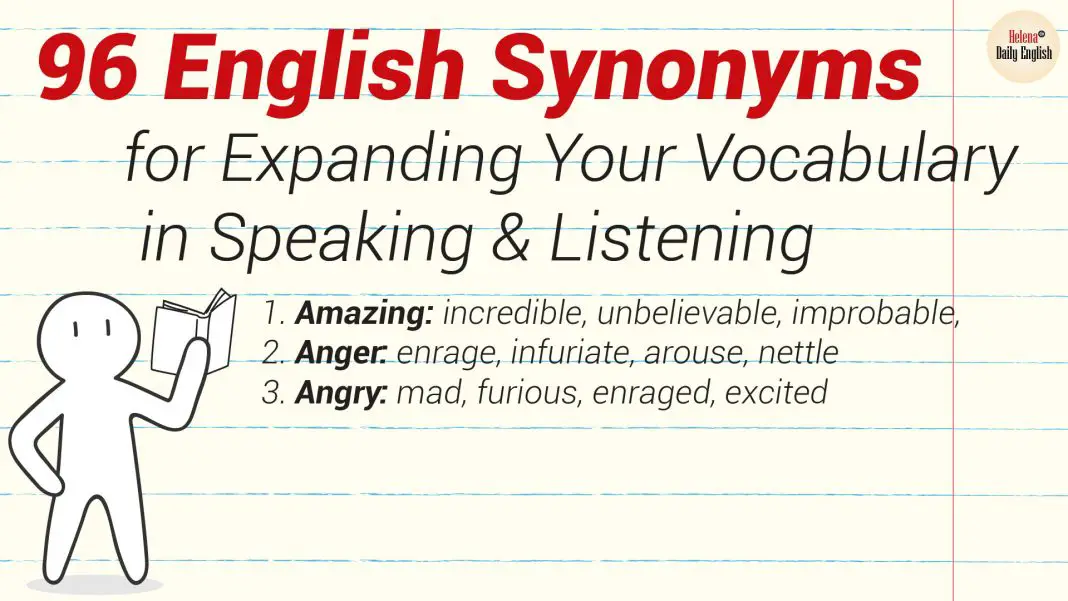1. to eat in/to eat out: to eat at home/to eat in a restaurant
|
2. cut and dried: predictable, known beforehand; boring
|
3. to look after: to watch, to supervise, to protect (also: to take care of, to keep an eye on)
|
| 4. to feel like: to have the desire to, to want to consider
This idiom is usually followed by a gerund (the –ing form of a verb used as a noun).
|
5. once and for all: finally, absolutely
|
6. to hear from: to receive news or information from
|
7. to hear of: to know about, to be familiar with; to consider
|
8. to make fun of: to laugh at, to joke about
|
9. to come true: to become reality, to prove to be correct
|
10. as a matter of fact: really, actually (also: in fact)
|
11. to have one’s way: to arrange matters the way one wants (especially when someone else doesn’t want to same way) (also: to get one’s way)
|
| 12. to look forward to: to expect or anticipate with pleasure
This idiom can be followed by a regular noun or a gerund.
|

12 English Phrasal Verbs and Idioms for Learning & Improving 4 skills | Lesson 1 – Intermediate Level
Topics
- Academic Words
- Advanced Level
- American Life
- Brief Biography of Famous People
- CNN Student News
- Common Mistakes in english
- Elementary Level
- English Books
- English Conversations Practice
- English Course
- English for Work
- English Grammar
- English Idioms
- English Reading & Vocabulary
- English Speaking
- English Speaking Practice
- English speech
- English Stories
- English Tips
- English Writing
- Event
- Holidays Worldwide
- Improve Your English
- Intermediate Level
- Learn English with News
- Life-Changing Success Stories
- NEWS
- Phrasal Verb and Idioms
- Synonyms and Antonyms
- TED Talks
- Tool for Learning
- Tools for Learning English
More
Popular Categories




